T4K3.news
SuperAgers defy aging myths
Northwestern researchers find some 80-year-olds show memory levels of people decades younger, hinting at new ways to protect brain health.
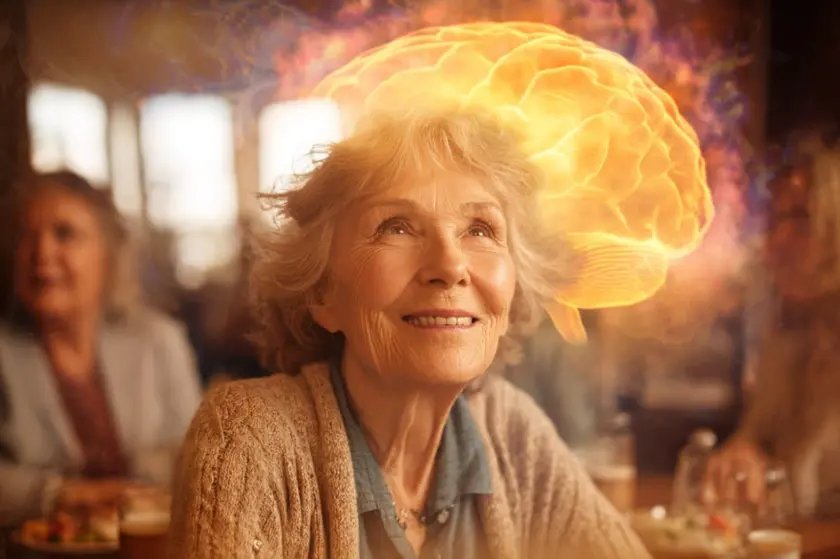
Northwestern Medicine researchers study octogenarians who perform memory tasks like much younger people to uncover brain traits behind exceptional aging.
SuperAgers redefine memory aging
Researchers at Northwestern Medicine have studied a group of 80 plus individuals nicknamed SuperAgers. They maintain memory scores comparable to people decades younger on delayed recall tests and show a thicker cortex and other brain features linked to memory and social behavior. When scanned brains are examined after death, some SuperAgers show Alzheimer’s plaques and tangles, while others do not, suggesting two pathways to exceptional aging: resistance to pathology and resilience in its presence.
The work spans 25 years and will appear in Alzheimer’s & Dementia. It emphasizes that a combination of biology and social factors underpins SuperAging, and points to potential interventions to protect brain health later in life. The program also highlights a Brain Donation Registry that supports long-term discovery beyond a donor’s life.
Key Takeaways
"Brain donation can offer scientific immortality."
Comment by co-author on post-mortem studies
"Exceptional memory in old age is linked to a distinct neurobiological profile."
Weintraub describing the paper's main finding
"There are two mechanisms that lead someone to become a SuperAger."
Weintraub explaining the two pathways
"SuperAger brains are resilient, resistant."
Summary of brain findings
The findings challenge the idea that cognitive decline is inevitable in old age. By showing distinct neurobiological profiles among SuperAgers, the research invites a broader view of aging as a spectrum rather than a fixed trajectory. Yet the focus on brain donation raises ethical questions about consent and family impact that must be handled with care as science pursues longer horizons of understanding. Social connectivity emerges as a meaningful variable, suggesting that community and relationships may influence brain health as much as biology.
Highlights
- Brain donation offers a kind of scientific immortality
- Exceptional memory in old age is linked to a distinct neurobiological profile
- There are two mechanisms that lead someone to become a SuperAger
- SuperAger brains are resilient and resistant
Brain donation ethics and public response risk
The study relies on brain donation, which can raise questions about consent, privacy, and the handling of family expectations. Public interest in aging research could trigger debates about incentives and ethical boundaries.
Understanding superaging could reshape how we talk about memory and aging
Enjoyed this? Let your friends know!
Related News
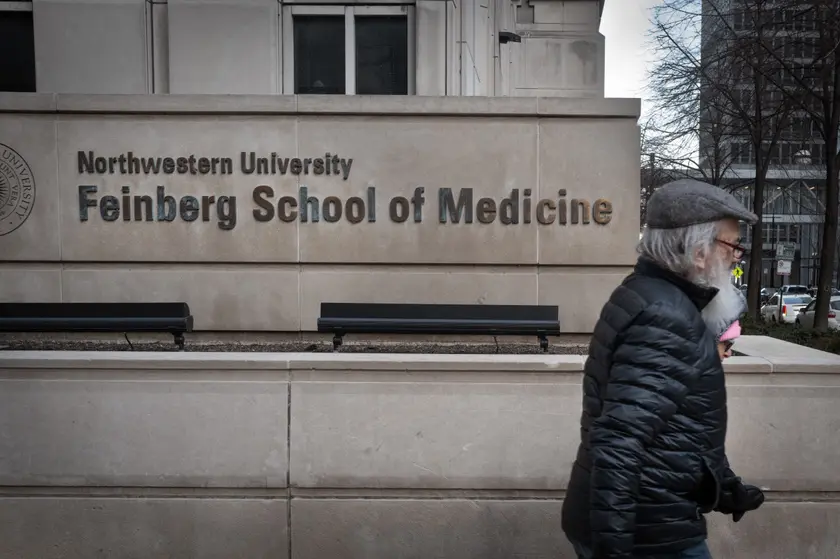
SuperAgers Show Slower Brain Aging
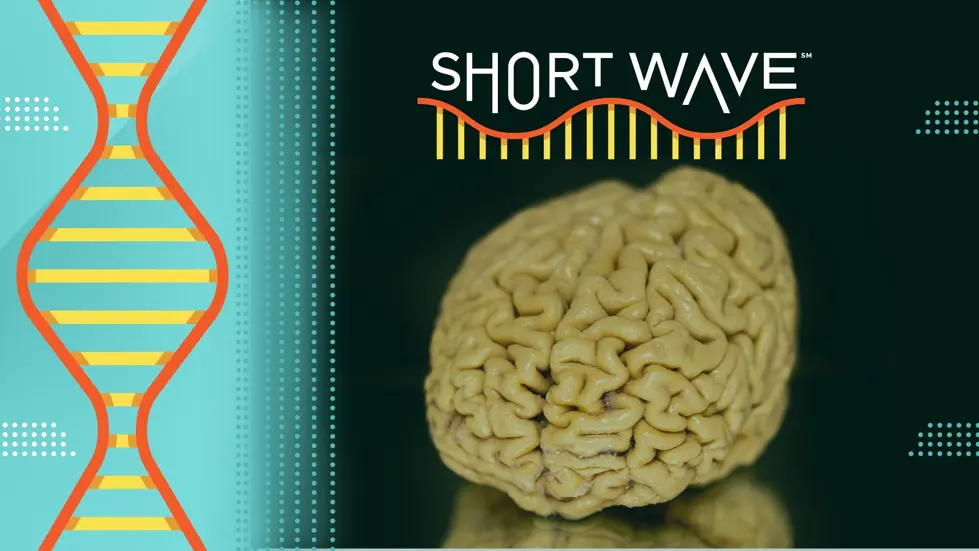
SuperAgers memory secrets revealed
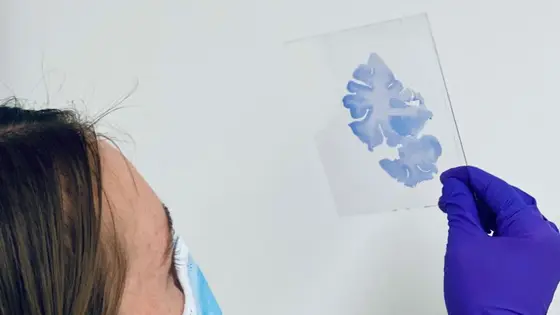
Study reveals secrets of SuperAgers' brains
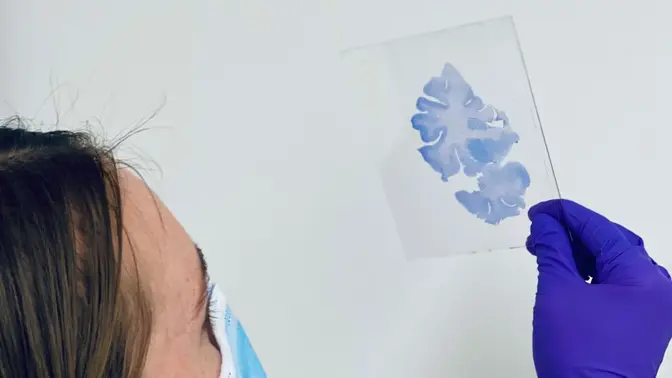
SuperAger brains stay sharp

Expert debunks metabolism myths

Expert dispels 13 common pregnancy myths
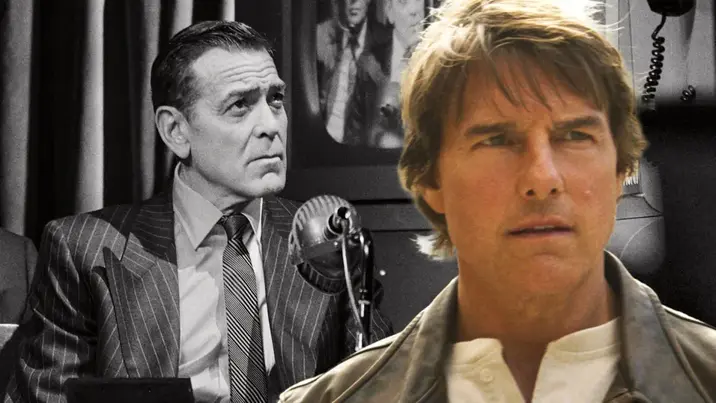
Clooney and Cruise Challenge Aging Norms in Hollywood
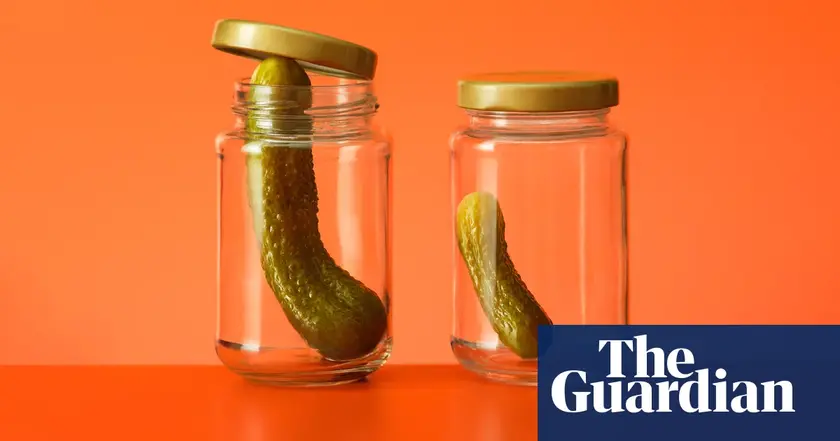
Experts debunk common sex myths
